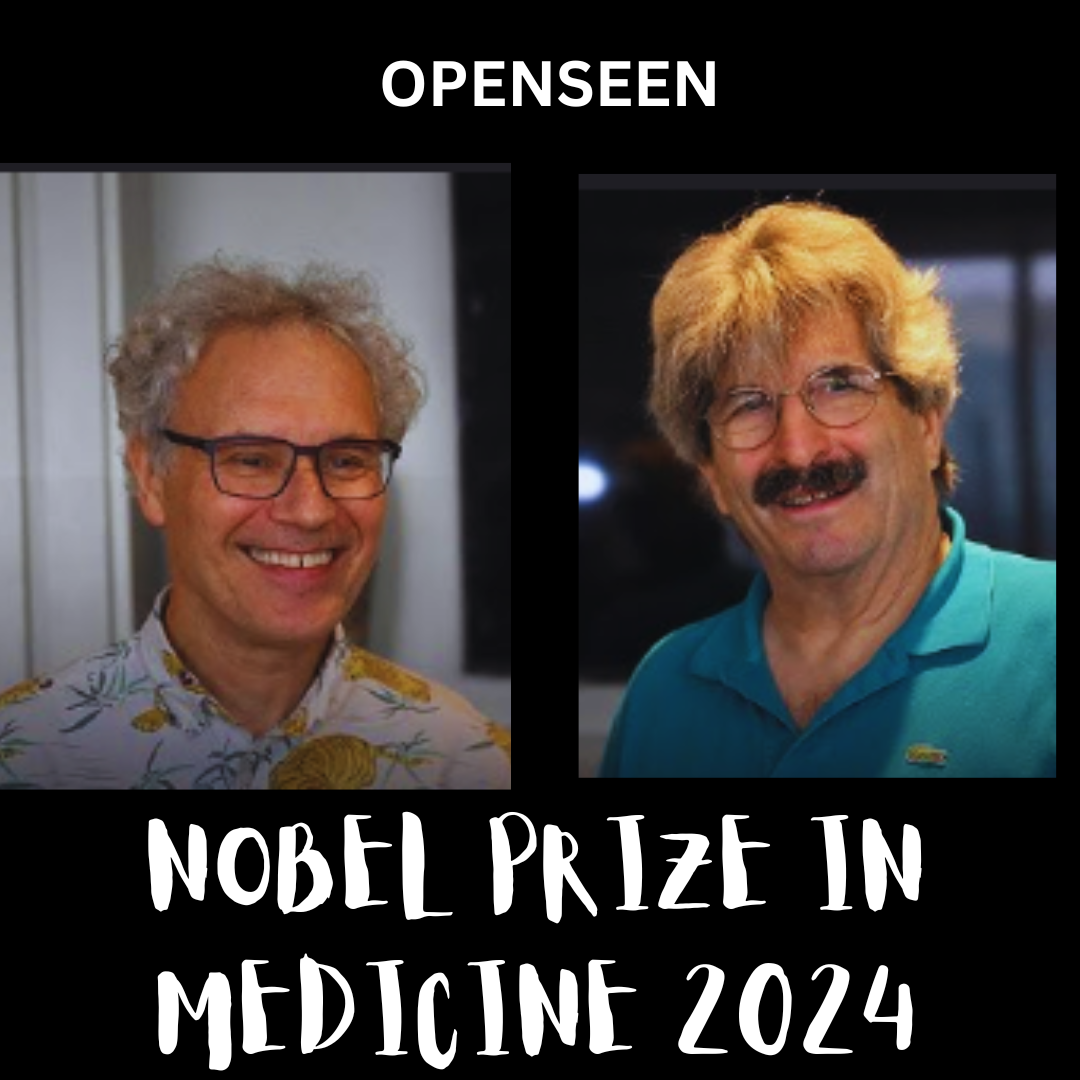Dr. Gary Ruvkun and Dr. Victor Ambros, two pioneering scientists from Massachusetts, have been honored with the 2024 Nobel Prize in Physiology or Medicine for their groundbreaking discovery of microRNA—tiny molecules that regulate gene activity in plants and animals. Their research has not only revolutionized our understanding of genetic expression but also sparked major advancements in the field of drug discovery, with companies like Alnylam Pharmaceuticals exploring treatments for diseases like cancer and heart disease. 💉✨
🧪 A Milestone for Genetics
MicroRNAs play a crucial role in controlling how cells produce proteins, a process that, when misregulated, can lead to various diseases. The duo’s research, dating back to 1993 in roundworms, has since been found to apply across all multicellular organisms. With over 176,000 papers now published on the topic, their work remains a cornerstone of modern genetic research.
🎉 Celebration & Reflection
Speaking at separate press conferences in Boston and Worcester, Ruvkun and Ambros shared their excitement, with Ruvkun humorously reflecting on the “completely different world” of Nobel attention. Both scientists acknowledged their lab teams and collaborators for contributing to the success of their research.
Ambros, a professor at UMass Chan Medical School, missed the initial call from Sweden, only learning of his win when his wife, Rosalind “Candy” Lee, relayed the message. Meanwhile, Ruvkun, a professor of genetics at Harvard Medical School and a member of the Mass General Research Institute, credited the collaborative environment at his lab for fostering scientific breakthroughs.
🔬 The Global Impact of microRNA
The Nobel Committee recognized the importance of their work in advancing our understanding of gene regulation, stating that their discovery is critical for understanding how organisms develop and function. According to Dr. Jeannie Lee of Mass General, the potential of microRNAs lies in their ability to target multiple genes, offering huge implications for treatment strategies in fields like oncology and cardiology.
🏅 Massachusetts’ Role in Biomedical Innovation
This award further highlights Massachusetts’ status as a leader in genetics research. With UMass Chan Medical School and Harvard Medical School at the forefront, the collaboration between public and private research institutions is a testament to the state’s influence in the biomedical field.
Dr. Craig Mello, a previous Nobel Prize winner and Ambros’ colleague at UMass, lauded both laureates for their contributions, stating, “My own Nobel would not have been possible without Ambros’ work.” 🌱🔬
📅 What’s Next for the Nobel Season?
The laureates will be formally awarded their prizes on December 10 in Stockholm. With the Physics, Chemistry, and Literature Prizes coming up this week, the Nobel season is just getting started! Keep an eye out for the Nobel Peace Prize announcement on Friday. 🌍✨
